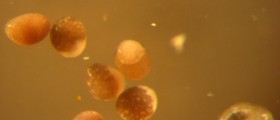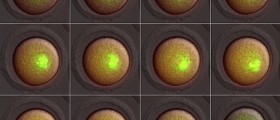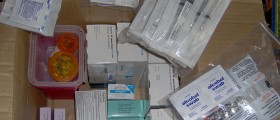
Would-be mothers who have had to have their ovaries removed, who suffer genetic abnormalities, or who suffer untreatable ovarian abnormalities, as well as gay male couples, cannot hope to have a child without donation of an egg. These prospective parents rely on egg donation to enable them to conceive the child of their dreams. Women may offer their eggs anonymously or make a directed donation to a couple they know. Either way, most fertility programs have an elaborate procedure to protect both the donor and the recipient of the egg.
Women accepted as egg donors are usually aged 21 to 32. They are asked to provide detailed information about their family history and physical characteristics (height, weight, eye color, hair type, hair color, skin tone, and other obvious characteristics) so they can be matched to the potential life parents of the child. Potential donors will also be asked about their education, work, hobbies, and motivations for donating. Next there will be a medical exam, including tests for drug use and sexually transmitted diseases, an interview with a psychologist, and a session with a genetic counselor. If the donor and fertility clinic then both approve, the egg donor is give hormone injections to stimulate release of multiple eggs, and the egg recipient is given hormone injections to prepare her uterus to receive the fertilized egg.
Just before the eggs are harvested, the donor is usually given a second medical exam to ensure there she suffered no unexpected effects from the hormone injections and no potential injury to the donor from the harvesting procedure. The actual collection of the eggs is performed under anesthesia. The unfertilized eggs are collected by a needle inserted through the vagina to the ovaries, and then transferred for fertilization and implantation or intrauterine insemination in the recipient. In most cases, the egg donor does not have an ongoing relationship with the child, although an agreement may be made prior to directed donation. In the United States sometimes are paid up to US $8,000 for the donation of their eggs, although some women go through the procedure without charge for surrogates who are friends or family members.

















Your thoughts on this
Loading...